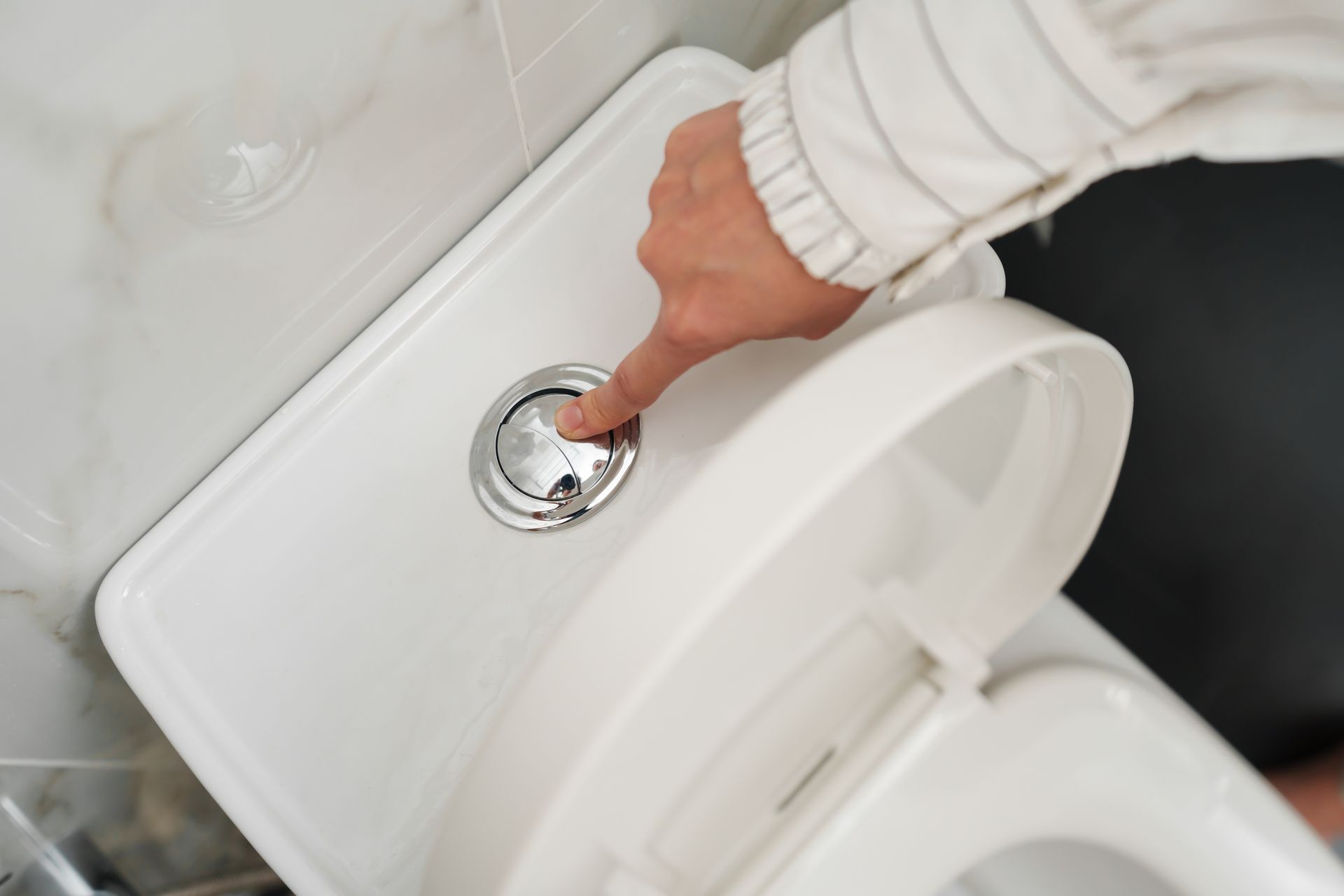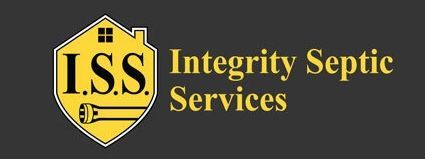FAQs
Integrity Septic Services

Learn more about how to maintain your home's septic tank and stay safe from plumbing disasters. Start by getting answers to these frequently asked questions.
How Do Septic Tanks Work?
Septic tanks work by holding wastewater from a home, delivered by the home’s plumbing, in a below-ground tank. Heavier solids should settle at the bottom as a sludge while lighter materials float to the top as scum. The middle section holds partially treated liquid that is released into a drain field and filtered by soil and beneficial bacteria.
How Often Should You Get Your Septic Emptied?
Septic tanks should be emptied every 2-5 years, depending on your usage and other factors like sludge and scum levels. You should have professional septic inspectors, like those found at Integrity Septic Services, visit along the same timeline every 2-5 years to ensure proper maintenance.
How Do I Keep My Septic Tank Healthy?
Having your septic system pumped regularly can keep your septic tank healthy. Beyond that, you can take a few steps to keep build-up low.
Avoid flushing materials like feminine hygiene products or wipes, even if they are flushable. Materials like coffee grounds and cat litter are unsuitable for plumbing and shouldn’t be disposed of in a drain. Bleach and antibacterial soap can also harm septic systems in the long run and should be used as little as possible.
What Are the Signs a Septic Tank Is Full?
Tanks are normally running at a full level, but there are a few times when this can indicate an issue.
If your toilet is constantly backing up and your pipes are making a gurgling sound and draining slowly, you may need to have your septic tank serviced.
You might also notice an unpleasant smell when something is wrong with your septic tank, water gathering in your yard, or the grass around the tank suddenly looks better than ever.
Can I Shower With a Full Septic Tank?
Showering when your septic tank is clogged or full should be avoided. Using your plumbing when your septic tank needs to be serviced can lead to a backflow of water in your yard or a backflow of sewage in your home that can result in expensive repairs.
Why Am I Having Issues With My Septic System When It Rains?
Rain can saturate the soil around your tank. When this happens, the drain field around your septic tank may become too waterlogged to incorporate and filter the effluent released by your septic tank. You might notice surface pooling of wastewater or a backup in your home.
Can Septic Tank Repairs Wait?
No. Septic tank repairs should be taken care of as promptly as possible. Waiting to have your septic tank repaired can lead to environmental contamination, expensive sewage backups, and health issues as septic tanks are used to dispose of wastewater. If you are noticing signs of an issue with your septic tank, contact a professional immediately.
Can I Fix My Septic Tank Myself?
Some basic maintenance is possible for homeowners, but it is generally recommended that they get help from a professional septic service like Integrity Septic Services when they are experiencing issues with their septic system.
Septic tanks are part of a complex system including pipes, leach fields, and bacteria colonies. You also place yourself at unnecessary risk when you try to handle septic systems on your own without proper equipment.
Trying to fix your septic system without proper knowledge can lead to more expensive problems in the future that are best avoided.
Schedule Today
Knowing the answers to these frequently asked questions can help you proactively protect and maintain your septic systems. At Integrity Septic Services, we're here to help. Contact us today to get answers to other frequently asked questions or to schedule an appointment.
serving area
Krum, TX 76249
Denton, TX
Sanger, TX 76266
Decatur, TX 76234
Ponder, TX
Justin, TX 76247
Fairview, TX 75069
Northlake, TX
Rhome, TX
Keller, TX
Argyle, TX 76226
Flower Mound, TX
Double Oak, TX
Copper Canyon, TX
Aubrey, TX
Pilot Point, TX 76258
Southlake, TX 76092
Little Elm, TX
Celina, TX
Bartonville, TX
Lewisville, TX
Krugerville, TX
Corinth, TX
Oak Point, TX
Denton County, TX
Tarrant County, TX
Johnson County, TX
Hood County, TX
Cooke County, TX
Wise County, TX
and surrounding areas
Business Hours
Hours:
24/7 Emergency Services Available

Share On: